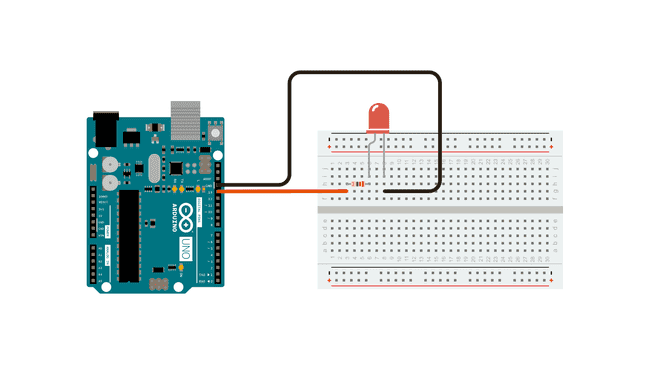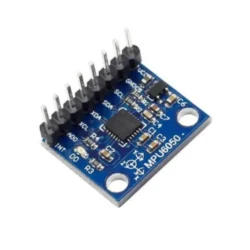Introduction
This tutorial will guide you through the process of migrating STM32 bare-metal firmware to FreeRTOS. We will focus on implementing UART communication and task scheduling for real-time sensor data processing. By the end of this tutorial, you will have a better understanding of how to leverage FreeRTOS for managing tasks in your embedded applications.
Prerequisites
- Basic understanding of C programming
- Familiarity with STM32 microcontrollers
- STM32 development environment set up (e.g., STM32CubeIDE, STM32CubeMX)
- FreeRTOS library downloaded and integrated into your project
Parts/Tools
- STM32 microcontroller
- USB to UART converter (if necessary)
- Development board (e.g., Nucleo or Discovery board)
- FreeRTOS library
- STM32CubeIDE or another IDE
Steps
- Set Up Your Development Environment
- Install STM32CubeIDE and configure it for your STM32 microcontroller.
- Download the FreeRTOS library from the FreeRTOS website.
- Integrate FreeRTOS into your STM32 project by adding the FreeRTOS source files and headers.
- Modify the STM32 Project for FreeRTOS
- Open the STM32CubeMX tool and create a new project.
- Configure the system clock and peripheral settings.
- Enable FreeRTOS in the project settings and configure the task stack sizes and priorities.
- Create UART Task
- Define a UART task function:
- Create the task in your main function:
void UART_Task(void *pvParameters) { while(1) { // UART communication logic HAL_UART_Transmit(&huart2, data, size, HAL_MAX_DELAY); vTaskDelay(pdMS_TO_TICKS(100)); // Delay for 100 ms } }xTaskCreate(UART_Task, "UART_Task", 128, NULL, 1, NULL); - Implement Sensor Data Processing Task
- Define the sensor processing task:
- Create the sensor task in your main function:
void Sensor_Task(void *pvParameters) { while(1) { // Read sensor data and process Read_Sensor(); vTaskDelay(pdMS_TO_TICKS(200)); // Delay for 200 ms } }xTaskCreate(Sensor_Task, "Sensor_Task", 128, NULL, 1, NULL); - Start the Scheduler
- In your main function, start the FreeRTOS scheduler:
vTaskStartScheduler();
Troubleshooting
- If tasks are not executing as expected, check the task priorities and stack sizes in the FreeRTOS configuration.
- Ensure that the UART is correctly initialized and the baud rate is set as intended.
- Use debugging tools to monitor task states and UART communication.
- Verify that the FreeRTOS heap size is adequate for your application’s requirements.
Conclusion
Congratulations! You have successfully migrated your STM32 bare-metal firmware to FreeRTOS with UART communication and task scheduling. By implementing tasks for real-time sensor data processing, you can improve the efficiency and responsiveness of your embedded applications. Continue exploring FreeRTOS features and consider adding more tasks or integrating additional peripherals as your project grows.


